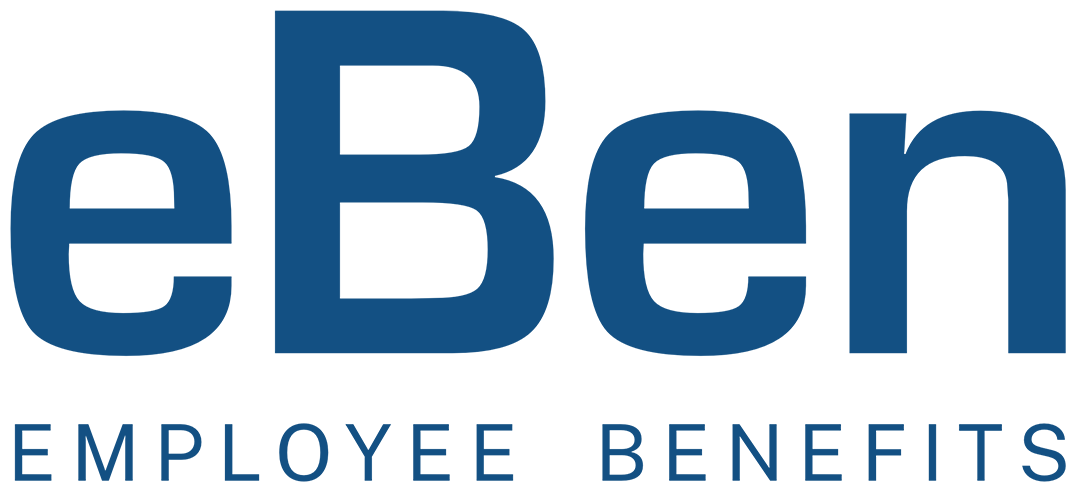![]() Employee health benefits can be a great way to attract and retain talent. However, many employers need help to balance cost and value. According to a 2023 Employer Health Benefits Survey, annual premiums for employer-sponsored family health coverage reached $23,968, with employees contributing an average of $6,575 toward the cost of coverage.
Employee health benefits can be a great way to attract and retain talent. However, many employers need help to balance cost and value. According to a 2023 Employer Health Benefits Survey, annual premiums for employer-sponsored family health coverage reached $23,968, with employees contributing an average of $6,575 toward the cost of coverage.
Designing a benefits package that includes health perks that are both affordable and competitive is a challenging feat. Companies must determine how to meet employee health needs while complying with applicable laws and staying within their established budget.
Let’s assess how to balance cost and value in employee health benefit plans.
Identifying Company Needs
Businesses should begin by evaluating why a modification to employee health plans is needed. Some organizations may encounter a downward trend in employee retention, while others may find that their industry is becoming more competitive.
Determine what the company needs to attract and retain talent and differentiate between the “wants” and “must-haves.” Take time to gather feedback from employees.
Employee feedback is an essential component of providing personalized, effective health benefits. Consider surveying employees anonymously to allow them to give helpful and honest feedback.
Comparing Employee Health Benefits Plan Options
The cost of a health benefit plan can significantly vary based on the type of plan chosen. First, organizations should consider the cost-effectiveness of self-funded and fully insured health plans.
Companies that have fully insured health plans purchase health insurance from insurance companies. Many small and medium-sized businesses choose fully insured plans as the risk to the company is limited, and the cost is more predictable.
With a self-funded plan, the company must design and operate the health plan independently, often with a third-party administrator’s assistance. The financial risks of self-funded health plans are greater, and the costs are less predictable.
However, choosing a self-funded plan can save businesses money if they tolerate the risk, especially large organizations.
Level-funded health plans are a third option to consider. These self-funded plans have a moderate level of risk and work similarly to fully insured plans with “premium equivalents.” Level-funded plans offer more significant cost savings with fewer risks, making them a popular option for small and medium-sized businesses.
Evaluating Health Plan Networks
 When determining whether a particular health plan provides employees with adequate value, look at the network size and structure. The size of a health plan’s network will affect the number of options that employees have when choosing their care and how much they pay out of pocket.
When determining whether a particular health plan provides employees with adequate value, look at the network size and structure. The size of a health plan’s network will affect the number of options that employees have when choosing their care and how much they pay out of pocket.
Certain health plans will offer a limited network of “preferred” providers, including hospitals, doctors, and specialty care. Seeing preferred providers gives employees the best coverage for the least amount of out-of-pocket costs.
While they can still choose to see out-of-network providers, they may have limited or no coverage and must pay more out of pocket. Look at plans offering a wider network of providers, often called “open access” networks.
With these networks, employees have more freedom to choose the hospitals and providers they see. However, they must first designate a primary care provider (PCP). Seeing out-of-network or specialty providers may also be higher unless they receive a referral from their PCP.
Comparing Alternative Health Options
When considering the best ways to balance cost and value in employee health benefit plans, it is also important to consider alternative health plan options. Flexible Spending Accounts (FSAs) and Health Savings Accounts (HSAs) are tax-advantaged savings accounts, not health insurance plans.
These accounts are designed to help employees pay for their healthcare expenses. With both FSAs and HSAs, employees can set aside pre-tax funds from their paychecks to cover eligible medical expenses. With FSAs, the money must typically be spent within the plan year, or it will be lost.
HSAs are generally used with high-deductible health plans, and the money rolls over from year to year. To give employees the most flexibility in their healthcare choices, consider plans with both FSA and HSA options.
Monitoring and Adjusting Health Benefits
Establishing a successful health benefits plan is just the first step. Companies must also develop a plan to monitor and adjust benefits as needed.
Create effective plans for tracking and measuring the outcomes of the benefits program, such as surveying employees, scheduling focus groups, and monitoring health outcomes.
 Companies must also regularly review and update their benefits based on changing needs, market conditions, and expectations.
Companies must also regularly review and update their benefits based on changing needs, market conditions, and expectations.
This will allow businesses to optimize their health benefit plans, attract and retain talent, and better align their employee health benefit plan with their overall business goals.
Speak with the Experts at eBen Today
The team of experienced benefits consultants at eBen is here to assist you in designing, implementing, and maintaining your health benefit plans. For more information about our comprehensive employee benefits services, reach out to eBen at (910) 518-9338.


